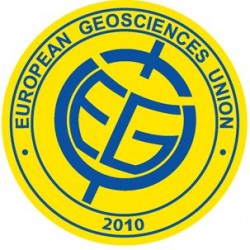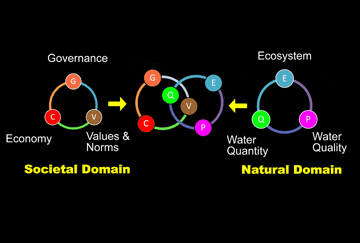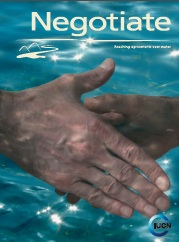Complex Problems Require Negotiated Solutions
Water issues create contentious arguments over its availability, access and allocation for human needs, agricultural use, industrial development and ecosystem services. Science or policymaking alone is not sufficient. Sustainable solutions can only come from diplomacy that takes science, policy, and politics into account.
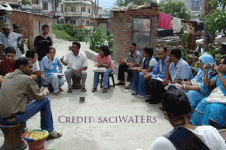
A Network of Water Professionals
Below you will find information about various efforts to advance and implement the evolving theory and practice of water diplomacy.

Why Water Diplomacy?
Increasingly complex water problems require negotiated solutions. Water Diplomacy teaches the skills to transform a fixed quantity of water into a flexible and sustainably shared resource. Water Diplomacy shifts the discussion from “allocation of water” to “benefit from water resources” to open up new avenues for resolving water conflicts.
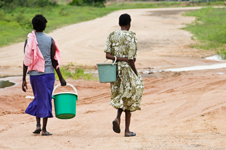
What is Water Diplomacy?
a theory and practice of implementing adaptive water management for complex water issues, developed at Tufts, MIT, and Harvard. The Water Diplomacy approach diagnoses water problems, identifies intervention points, and proposes sustainable solutions that are sensitive to diverse viewpoints and values, ambiguity and uncertainty as well as changing and competing needs.
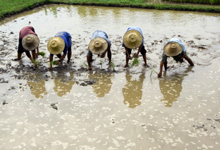
Water 2100
An overview of the Natural and Societal Domain (NSD) framework for understanding water networks. Includes examples from twelve case studies from across the world. “Water 2100″ is the ethos that, in terms of water needs, we should be planning a century ahead. (Click above to download the file, or here to see the complete version of the Network diagram above.)

More on the way
We’ll post more materials here as they become available.
Negotiate: Reaching Agreements Over Water
This chapter on Consensus-Building, the fourth in the volume Negotiate: Reaching Agreements Over Water, provides advice to parties involved in ongoing water negotiations. It details ways of shifting from the hard-bargaining techniques that characterize most (unproductive) negotiations to a consensus-building approach that is likely to be more effective—that is, fair, efficient, stable, and wise. The chapter was co-authored by Catherine Ashcraft and Lawrence Susskind, two trainers teaching at the Water Diplomacy workshop. The volume was published by IUCN in 2010 and edited by John Dore, Julia Robinson, and Mark Smith. (To download not just the Consensus-Building chapter but the whole volume, click here.)

